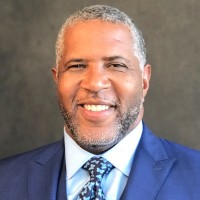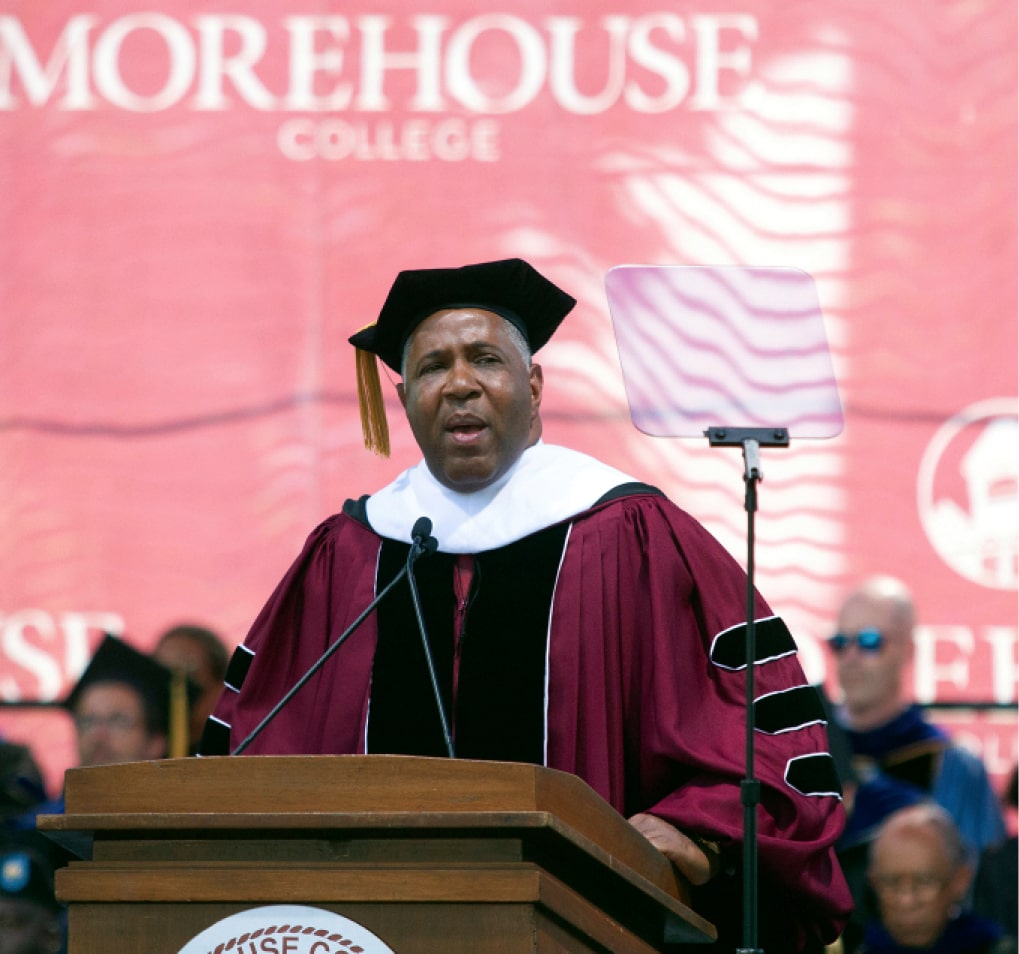People often think of the environment as a force beyond human control, but many people neglect to consider the role that humans play in the creation of environmental hazards. Hazards, including pollution, toxic waste dumps and deforestation, have led to even bigger issues, such as contaminated water and unhealthy air quality.
Studies have revealed that these environmental hazards disproportionately impact underserved and underrepresented communities. A 2017 study released by the Clean Air Task Force and the National Association for the Advancement of Colored People (NAACP) found that 75% of Black Americans reside near facilities that produce hazardous waste. The inequitable impact of environmental health hazards on communities of color is known as environmental racism.
Environmental Racism Definition
Environmental racism is a type of systemic racism where people from underrepresented communities are inequitably impacted by health issues resulting from policies that force them to live close to environmental hazards. Given their exposure to these sources of toxic waste, people from these communities commonly deal with inequitable rates of chronic health issues. A 2021 study from Science Advances revealed that Black, Latinx and Asian Americans, as well as individuals from other communities of color, are exposed to higher levels of fine particle matter from emissions compared to their white peers.
These particles may be small, but they can carry a variety of harmful chemicals into a human’s lungs, which can result in respiratory issues and heart disease. The study mentioned above also showed that exposure to these particles results in 85,000 to 200,000 early deaths in the U.S. each year.
Environmental Racism vs. Environmental Justice
Environmental racism and environmental justice are two closely intertwined actions. Environmental justice is the act of treating all people, regardless of their economic standing or background, equally when it comes to creating and protecting people from environmental health hazards. On the other hand, environmental racism is when underrepresented communities are inequitably exposed to health hazards due to a lack of environmental justice protections. In essence, environmental justice is often needed when environmental racism occurs.
President Bill Clinton’s 1994 Executive Order 12898 worked to further environmental justice by instructing federal agencies to identify and address how their actions affect the human and environmental health of low-income populations. Unfortunately, the U.S. Congress has still not passed legislation to make this executive order a law. Changing inequitable environmental policies to create safer and more just living environments for diverse communities requires engagement from lawmakers, in addition to community engagement. Without such engagement, environmental racism can continue to persist, as with the 2022 water crisis in Jackson, Mississippi, which took place after heavy rainfall flooded the city’s declining water system. This left more than 150,000 people — including 80% of the city’s Black residents — without access to safe drinking water. As a result, the city’s residents were left with no choice but to boil their water, bleach their dishes and use tap water.


Get Industry leading insights from Robert F. Smith directly in your LinkedIn feed.
Get Industry leading insights from Robert F. Smith directly in your LinkedIn feed.
History of Environmental Racism and the Need for Environmental Justice
Environmental racism has been a consistent issue for underrepresented communities throughout the U.S. for decades. The turning point that caused the country to stand up against environmental racism took place in 1982 in Warren County, NC. There, government officials from the predominantly Black rural county allowed 6,000 dump trucks to use the local landfill to dump contaminated soil. The soil from these dump trucks contained harmful chemicals that damaged the local environment and seeped into the local drinking water supply. As a result, the community united to fight for environmental justice. Concerns in Warren County prompted the Environmental Protection Agency (EPA) to investigate other incidents of hazardous waste sites, which helped them find other toxic landfills in Alabama and South Carolina near low-income communities of color.
Five years later, the United Church of Christ’s Commission for Racial Justice published a study, which showed a pattern of hazardous waste sites placed near communities of color across the country. Due to the strong correlation between race and the placement of these facilities, the study determined that the location of these sites was intentional. This critical research revealed the inequitable impact that environmental racism has on communities of color and formed the basis for future investigation and advocacy into these types of cases. The study also motivated former President George H.W. Bush to establish the Office of Environmental Justice, a branch of the EPA, to eliminate discrimination from federal environmental policies.
Solutions to Environmental Racism
Poverty and a lack of political power are two factors that contribute to environmental racism in disadvantaged neighborhoods. To combat these issues, individuals of all racial backgrounds should take the time to learn about the environmental threats that impact underrepresented communities. That way, communities will have the knowledge they need to develop a strategic environmental justice plan. Additionally, it is critical to amplify the voices of people in underrepresented communities to bring attention to the environmental needs of their constituents, which can help prevent environmental racism.
Individuals can also help by donating to advocacy groups that push elected officials to take accountability for the negative repercussions of their policies. When made aware by their constituents, state and federal representatives are more likely to resolve hazardous waste facilities and harmful land use plans. Citizens are empowered to combat environmental racism by voting for leaders that work for justice and contacting the EPA’s National Response Center, which prompts regulators to address violations of environmental laws.
To learn more about this important issue, follow philanthropist Robert F. Smith on LinkedIn.







